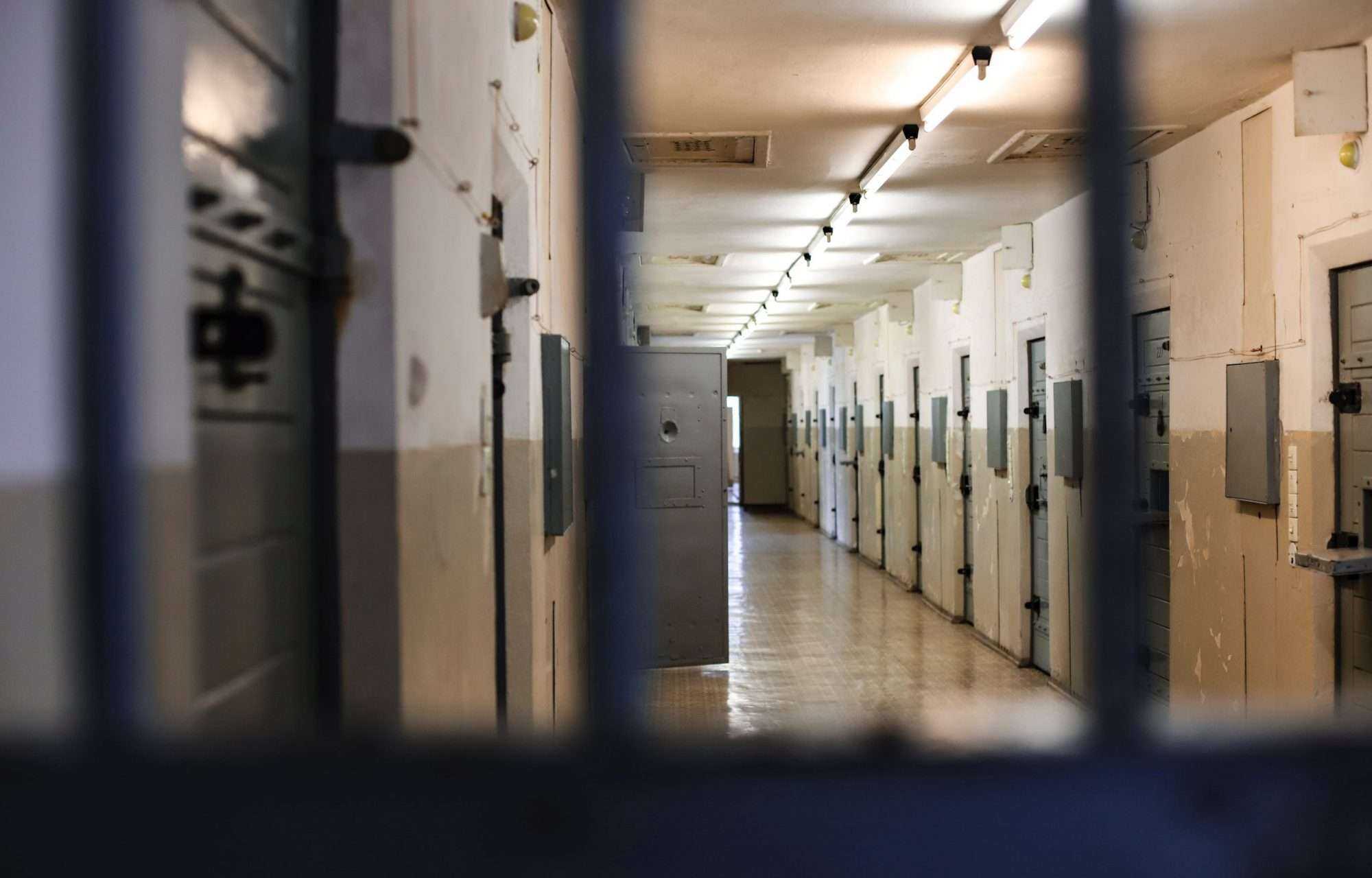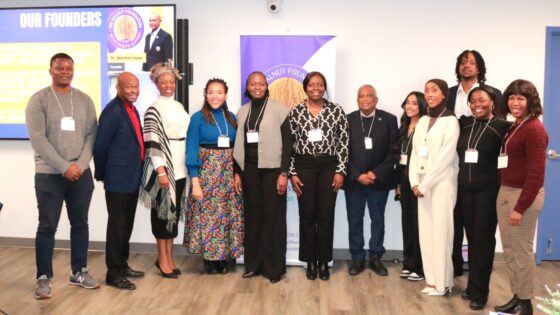on
BY SIMONE J. SMITH
“I have been traumatized by far too many brutal strip searches in Ontario’s provincial prisons. I vividly remember being stripped along with my entire unit in the yard even immediately after I suffered a miscarriage. I remember many times when we were taunted and mocked by guards. Overall, we were treated like animals. Strip searches in Ontario are far more frequent and brutal than in other provinces. I hope we can fix that with this case.” Vanessa, co-plaintiff
“Remove your shirt, throw it in a pile on the ground. Now remove your bra, and then your pants, now your underwear. Lift your breasts, open your mouth, turn around, bend over, spread your cheeks, squat, and cough. If you’re menstruating, remove your tampon.”
As a woman, I want you to think about how difficult it was to read these commands. Now I want you to imagine having to go through this on a regular basis. Women must perform these tasks upon command nearly every day, every week in prisons across Canada.
The idea behind strip searches is to stop the flow of drugs and weapons into prisons, according to Correctional Service Canada, but experiential research shows that strip searches are not an effective way of keeping drugs outside of prison walls. In research done in Australian prisons, a prison similarly sized to the Grand Valley Institution for Women had more than 18,000 strip searches performed on 200 women over a one year period and only one item of contraband was found.
In a Vice article titled, “Why We Must End Strip Searches In Canada’s Prisons for Women,” (May, 2019) they reported that 91% of Indigenous women and 86% of non-Indigenous women in prison have been sexually and/or physically abused prior to entering prison. Those who had been sexually assaulted before prison describe being strip searched as triggering, humiliating, degrading, and traumatizing.
Thankfully, this topic is being revisited again. The Canadian Civil Liberties Association and a woman with personal experience have launched a major constitutional challenge to Ontario’s law governing strip searches in provincial jails. The legal challenge claims that provincial law, which gives prison superintendents almost unlimited discretion to strip search prisoners, is unconstitutional.
Strip searches must be subject to appropriate legal limits to protect individuals against unnecessary trauma and abuse. Ontario’s current law grants superintendents unfettered power to strip search prisoners at any time and in any situation. Ontario is missing basic legal safeguards, and what is unfortunate is that these safeguards do exist in other provinces and federally.
The CCLA’s legal action, which was filed in the Ontario Superior Court of Justice, claims that Ontario’s law violates the Canadian Charter of Rights and Freedoms protections against unreasonable search and seizure (section 8), and infringe on individuals’ life, liberty, and security of the person (section 7).
“Ontario’s own independent review recommended that the province’s strip search law be scrapped and replaced with constitutionally valid provisions,” said Kent Elson, counsel to the CCLA. “That has not happened. Instead, Ontario has unnecessarily strip searched many thousands of people, forcing them to strip naked, bend over, squat and cough, and do other degrading things. Ontario’s law gives prison officials carte blanche to strip search whoever they want, whenever they want, for any reason. The Canadian Civil Liberties Association is asking the court to strike down Ontario’s overly broad law and require the essential safeguards to prevent abuse and unnecessary trauma.”
Alain Bartleman, CCLA’s Special Advisor on Indigenous Issues, said: “Indigenous people are on average over five times more likely than other Ontarians to end up in a provincial prison. The mass incarceration of Indigenous people is a direct result of historic and ongoing colonialism, inter-generational trauma, and discrimination. The degrading and dehumanizing strip searches that are happening inside Ontario’s jails are disproportionately impacting Indigenous people. Adam Capay, an Indigenous man who was held in solitary confinement for four years and was generally strip searched every day – as required by the Ontario government’s own policies.”
I am hard-pressed to understand how forcing women to remove their clothes and perform humiliating actions with intimate parts of their bodies is not understood as sexual assault. Forcing women to remove their clothes and perform humiliating actions should be understood as state-sanctioned sexual assault, and our political officials must take the time to care for those who the world see as undesirable.
Our Charter of Rights and Freedoms has been ignored in many cases over the last few years, but stories like these help us realize that our rights and freedoms have never been truly considered. I am really starting to wonder if Canada is the true north, strong and free. Are our leaders any better than the ones that we are told to demonize? It really makes you wonder.
Stay in the loop with exclusive news, stories, and insights—delivered straight to your inbox. No fluff, just real content that matters. Sign up today!
We, as humans are guaranteed certain things in life: stressors, taxes, bills and death are the first thoughts that pop to mind. It is not uncommon that many people find a hard time dealing with these daily life stressors, and at times will find themselves losing control over their lives. Simone Jennifer Smith’s great passion is using the gifts that have been given to her, to help educate her clients on how to live meaningful lives. The Hear to Help Team consists of powerfully motivated individuals, who like Simone, see that there is a need in this world; a need for real connection. As the founder and Director of Hear 2 Help, Simone leads a team that goes out into the community day to day, servicing families with their educational, legal and mental health needs.Her dedication shows in her Toronto Caribbean newspaper articles, and in her role as a host on the TCN TV Network.













